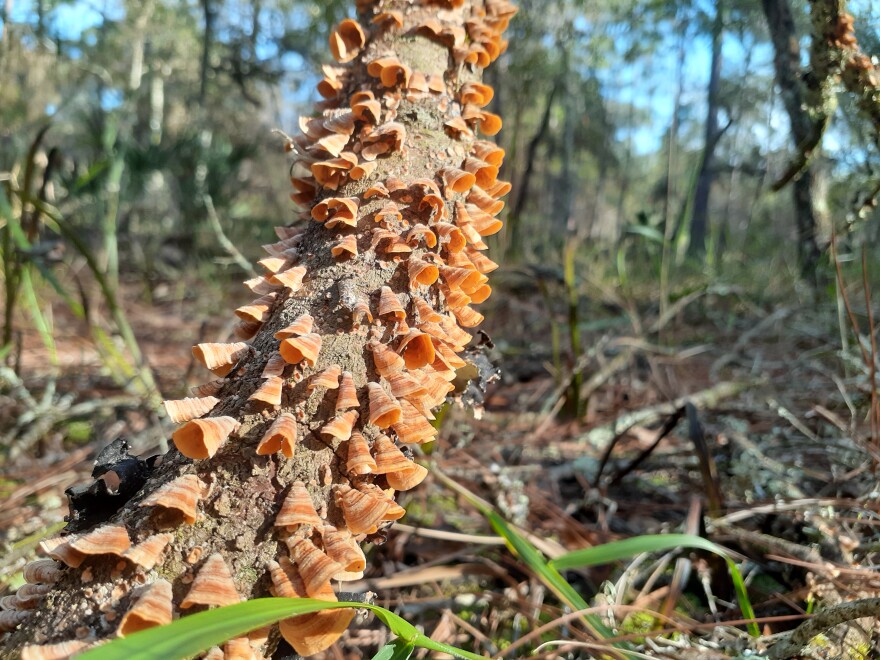The University of South Florida is facing criticism for exploring options to develop a 769-acre plot of land just north of its Tampa campus that includes a forest preserve and golf course.
Students and faculty have taken a stand against that prospect, initially with a petition that has gained over 20,000 signatures, and later through in-person protesting.
This week, USF’s Faculty Senate officially joined the opposition.
At their Wednesday meeting, the senate voted 54-3 in favor of a resolution denouncing development on the land.
“The Faculty of the University of South Florida are vehemently opposed to any development or destruction of the Forest Preserve, particularly any action that may result in a deleterious impact to the site as a historical, cultural and educational asset,” the resolution concludes.
At the meeting, attended by some university officials, faculty members discussed why the land should remain untouched.
The conversation included concerns about the destruction of wetlands protected by the state of Florida, the displacement of endangered animal and plant species, and tampering with Native American archaeological sites.
They also pointed out that the preserve is also used for student and faculty research, with over 70 published research papers and 20 graduate-level theses focusing on the property.
“I think this is an example of how things should work in terms of the participation of faculty in university governance,” Faculty Senate President Timothy Boaz said. “We had information that was relevant to this issue that the administration may not have been fully aware of, and this provided a forum to make that known. I think it’s quite possible that heightening their awareness of those things will impact their decision.”
That decision will not be made until after Monday, the deadline for developers to submit information to the university.
USF officials declined an interview, but shared a statement emphasizing that the request for information does not require them to take any action.
“We recognize that this land has significant value to the university in support of research and academic opportunities in its current use, which is a key consideration in the (request) process,” the statement reads. “Any proposals received by the university must consider options for mitigation, protecting wildlife and preserving unique natural features of the property in order to minimize any environmental impacts.”
But for Boaz, an overwhelming majority of the Faculty Senate, and many students, the best option would be to leave the land alone.
“I hope they will make a decision to preserve that piece of land,” Boaz said. “It’s a real asset to the university that I believe we have an obligation to be good custodians of.”




